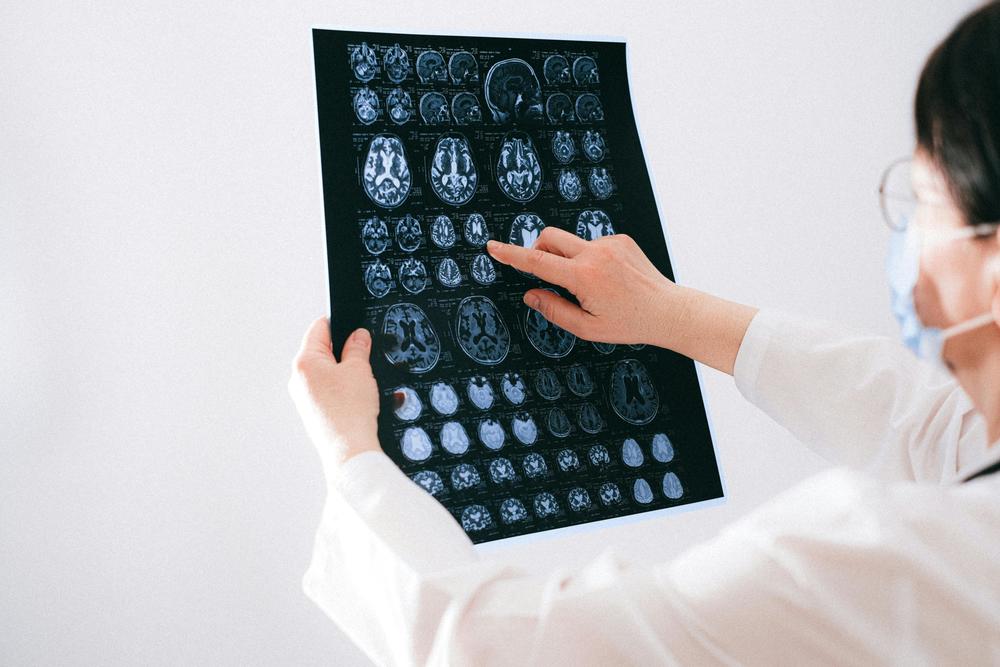
Caption
A new study reveals high rates of undiagnosed cognitive decline among older adults in underserved communities, with African Americans more than twice as likely as white patients to go undiagnosed.
Credit: Anna Shvets/Pexels
LISTEN: A new study from the Emory University School of Medicine and Indiana University finds high rates of undiagnosed cognitive decline in vulnerable communities. GPB’s Ellen Eldridge has more.

A new study reveals high rates of undiagnosed cognitive decline among older adults in underserved communities, with African Americans more than twice as likely as white patients to go undiagnosed.
Memory decline is not a just a normal part of aging. It can be an early sign of dementia.
African Americans are twice as likely as white patients to have an undiagnosed cognitive issue, said Dr. Ambar Kulshreshtha, associate professor of family and preventive medicine at Emory and lead author of a new study by researchers at Emory University School of Medicine and Indiana University.
The study, conducted in Indiana, included 204 adults aged 65 years or older with no prior diagnosis of cognitive impairment. All the participants received primary care at federally qualified health centers (FQHCs), which are community resources primarily serving low-income, medically underserved communities.
Three-quarters of study participants had undiagnosed mild cognitive impairment (MCI) and dementia.
Medicare is available to adults at age 65, but Medicaid has not been expanded in Georgia as it has in Indiana, which makes a difference when examining access to health care during the lifespan. Lack of access to primary care, residential segregation, air pollution, discrimination and educational quality likely play significant roles in these disparities.
Hypertension and diabetes puts people at increased risk of cognitive impairment and its effects.
"As a clinician, I find when patients are forgetting to take their medication, their other conditions get worse," he said. "Their heart failure gets worse, their diabetes gets worse."
Kulshreshtha works as an advisory board member for Georgia Memory Net, a state-funded program led by Emory to promote early and accurate Alzheimer’s diagnosis through primary care.
The Guiding an Improved Dementia Experience — or GUIDE — model supports people with dementia and their unpaid or family caregivers.
This model differs from the current model by covering respite for unpaid caregivers, caregiver education, support groups, and 24/7 access to a clinical team and adjusts payments based on quality of care and caregiver outcomes.
Earlier evaluation is always better, he said, because "if you are on the trajectory for a disease condition and we diagnose it sooner, there's a lot that can be we can do to change that trajectory."